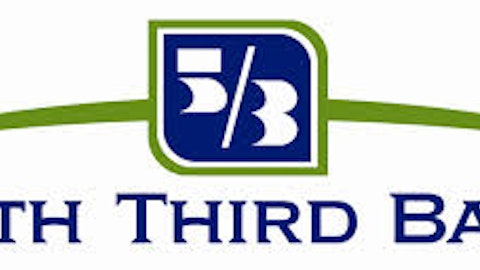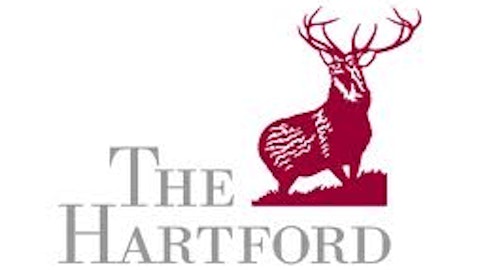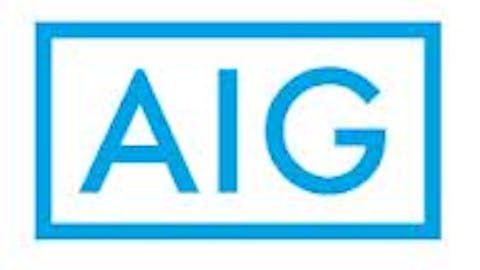So “14.5%, $85 billion, and we’re taking 79.5% of the equity of the company,” and incidentally he tells Willumstad, “You’re fired.” Here’s the Secretary of the Treasury, calling a public company CEO and firing him. Is this America? Does the government fire CEOs? I hadn’t heard that before.
He then says to Willumstad, “Sign that agreement” that I just related to you.
He says, “Just fire me. I’m not signing the agreement,” so Paulson sends in his replacement, a guy called Ed Liddy who’s on the Board of Goldman Sachs. He signs the agreement, still as the director of Goldman Sachs and resigns from Goldman Sachs three days later, retroactively. Very unusual, to say the least.
Of the $85 billion that they lend AIG … AIG had about $800 billion of assets. They had plenty of collateral. They didn’t have to take 79.5% of the equity at the time.
Now you’ve got the $85 billion; $60 billion goes out the back door almost immediately, $12 billion goes to Goldman Sachs, of the $85 billion. They force AIG to give a complete release to those who got the back-door bailout so AIG can’t sue them later on for unlawful pass-through, and they put a gag order on AIG that they can’t talk about it.
It took us years to get the information that’s in the book, and it’s all verified in there. Why are we suing the government? I just told you why.
Morgan Housel: Was there any other option that AIG had in September 2008, in the private market, to stabilize the company?
Hank Greenberg: There were a lot of things they could have done. First of all, I wouldn’t have responded, as I indicated, to the collateral calls because who knows what you’re responding to? There’s no price discovery. I wouldn’t have done that.
Of course we wouldn’t have been in that position to begin with. AIG got in that position for failing to do just the common-sense things that we always did. We knew what risk management was. We had the only enterprise risk management system in the insurance industry at that time. We had both credit risk and market risk. We knew exactly how to run a company.
Morgan Housel: These aren’t arguments that I’m defending, but I want to put forth what the people who led that bailout respond, to that criticism.
They say that if AIG had gone bankrupt in September 2008 it would have caused larger systemic problems, and that since there were no private market solutions … because in the weeks previous, AIG did try to do some private market solutions. They tried to sell the P&C business to Warren Buffett, there were some possible deals with J.C. Flowers, none of which fell through, and here we are at the precipice.
This needs to be fixed right now — it’s Tuesday night and the Asian markets are opening in one hour, we’ve got to get this done now — so they put forth this bailout for AIG. The terms were quite onerous, but those terms were, within weeks, restructured down considerably.
Hank Greenberg: No they weren’t.
Morgan Housel: Please do correct me if I’m wrong, but the first interest rate was Libor plus 8.5%, and then that was restructured down to Libor plus 3, correct?
Hank Greenberg: Oh, now. That really was months and months later. Months and months later.
I went down to see Geithner — I knew Tim Geithner for a long time from my service on the Fed board — and he was very uneasy in talking to me about what they were doing. I asked, since we were the largest shareholder, to attend a meeting on a Sunday that was determining the fate of AIG.
He said, “I hear you,” but I never had an invitation to attend the meeting. There were a lot of things I would have suggested to be done. They did all they could to keep me away from that.
I would not have responded to collateral calls.
Morgan Housel: If AIG did not respond to the collateral calls, could its counterparties have forced it into bankruptcy?
Hank Greenberg: No. We’d have been in court deciding that.
Morgan Housel: That was one of the other issues with the $60 billion backdoor bailout for paying 100 cents on the dollar.
The argument that gets put forth is that there were two French banks whose regulators said that if these were not paid at 100 cents on the dollar, that they were not able to negotiate with AIG. That they had an obligation to ask for 100 cents on the dollar.
Hank Greenberg: What do you expect them to say? At that point, since there was no price discovery, you could have any price you want. There were some who would take less. There was one that came out and said, “Yeah, we would take a discount,” but since there’s no price discovery obviously you have to negotiate.
But that’s secondary. I wouldn’t have responded.




